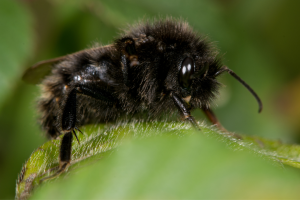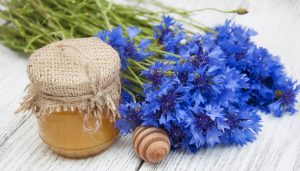
Eucalyptus honey is a monofloral (all of the nectar collected comes from the same species of plant) variety of honey that is instantly recognisable for its distinctive flavor, aroma, and colour.
What Is Eucalyptus Honey?
Where Does Eucalyptus Honey Come From?
The many varieties of eucalyptus trees are found all around the world from tropical to temperate regions. Almost anywhere that it can be found it is prized as a source of nectar and pollen for honey. Globally, most of the commercially available eucalyptus honey comes from Australia and South Africa.
In the United States, eucalyptus honey comes from the state of California where more than 500 different subspecies of the plant are grown. The diversity of eucalyptus grown in the state means that some variety is in bloom at almost any time of the year. The highest nectar flows occur during winter and spring.
How Do Bees Produce Eucalyptus Honey?
In order to produce eucalyptus honey, the honey bees will predominantly pollinate the blossom of the eucalyptus tree.
In addition to collecting the nectar within the blossom, the honeybees have been known to forage the honeydew from the eucalyptus trees bark.
The exact ratio of blossom to honeydew will vary but blossom will always be the predominant source in eucalyptus honey. This is due to the plant’s voluminous production of nectar.
The moment the honey bee collects the eucalyptus nectar from the blossom it is mixed with an enzyme within the bees mouth. The enzyme itself is otherwise known as invertase or the “bee enzyme” which is secreted from the honeybees glands.
When the honeybees return to the hive they will pass the nectar they have gathered between their mouths further mixing the nectar with the “bee enzyme” reducing the water content and converting the nectar to honey.
They will then deposit the eucalyptus honey into wax cells, but at this point the water content will be too high. In order to reduce the water content the honeybees will fan their wings above the wax cell. By doing this they will evaporate some of the water.
Once they’ve finished the process the eucalyptus honey will have a water content roughly below 20%. It will then be capped and the honeybees will repeat the process all over again. Local conditions influence the nectar production of eucalyptus plants but the age of the trees is the primary factor. Mature eucalyptus forests outproduce young plantations by a factor of 10.
A strong hive can produce between 40 and 120 pounds of honey from eucalyptus. It is also common for a keeper to harvest several pounds of light green surplus pollen.
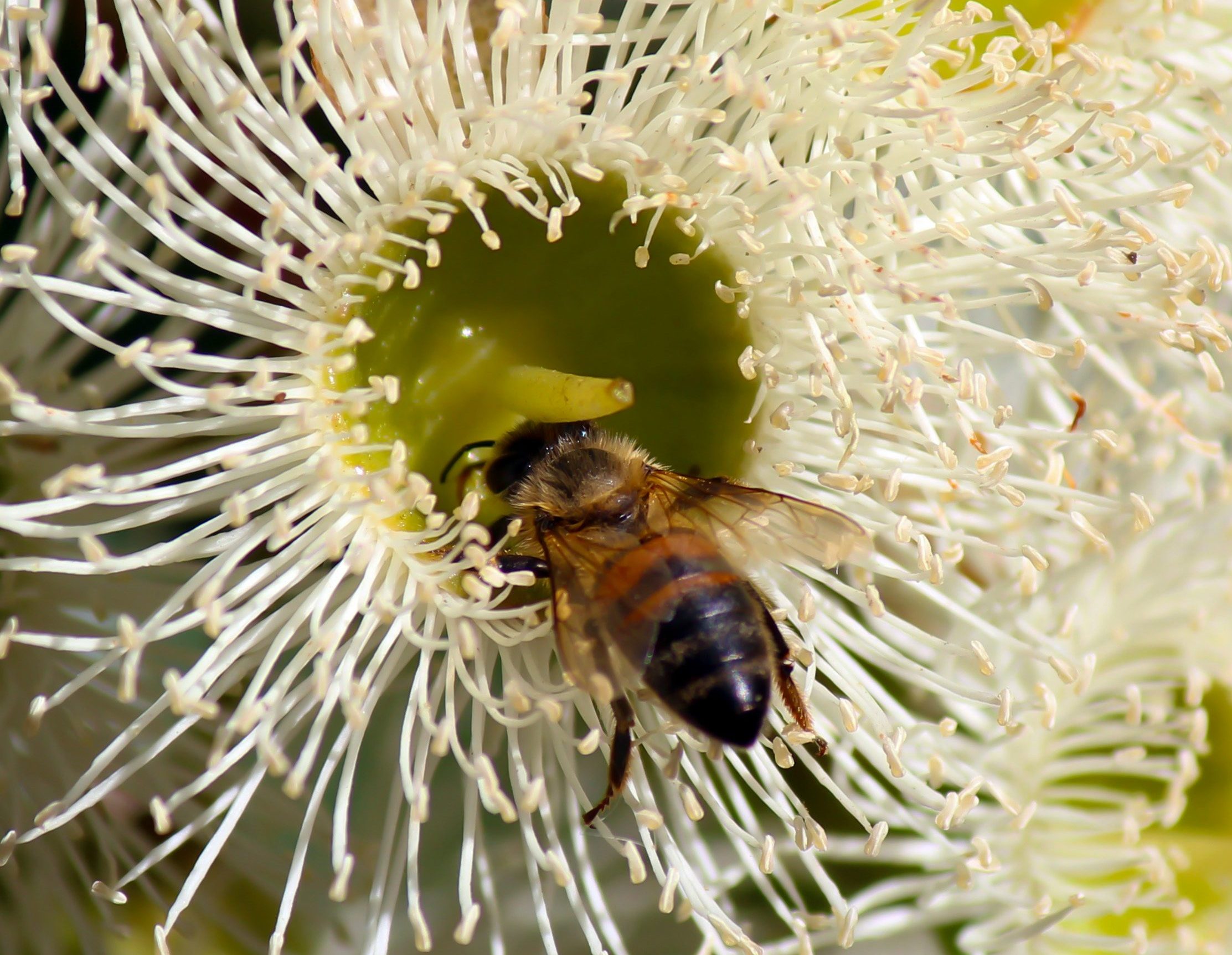
The Best Environment for Producing Eucalyptus Honey
All of the places that produce significant amounts of eucalyptus honey share some common characteristics in terms of geography, climate, and soil conditions. The Central and Southern coastal regions of California, the Mediterranean region, and temperate regions in Australia are all ideal for growing eucalyptus, and as such, exceptional for producing eucalyptus honey.
But beyond the conditions required to produce high nectar production from eucalyptus plants, you should also consider the flavor, colour, and aroma characteristics that a region imparts. Just as different regions produce coffee, tobacco, or wine with unique qualities – so too will the location influence the quality of certain honey.
Depending on the region the flavor may flucuate interms of earthiness, menthol and sweetness. Eucalyptus honey is certainly one of the varieties where origin matters.
Best Eucalyptus for Honey Bees
The best eucalyptus trees for honey bees are those that produce the most pollen and highest nectar flows. For that reason, the old-growth forests of Eucalyptus globulus are the most beneficial.
True connoisseurs of eucalyptus honey might have a preference for the terroir imparted to the honey of a particular region but honey bees seem to love eucalyptus regardless of the geographic region the trees are found in.
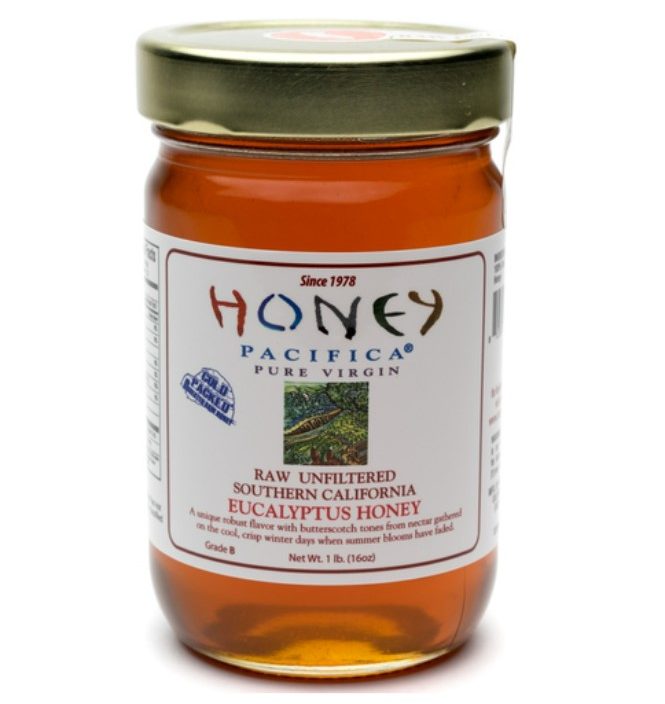
What Are the Benefits of Eucalyptus Honey?
| Benefit | Description |
|---|---|
| Relieves Cold and Flu Symptoms | Due to natural antibacterial and anti-inflammatory properties |
| Immunomodulator | Helps to treat respiratory and other infections; boosts immune system activity |
| Relieves Urinary Tract Infections | Inhibits the growth of bacteria (Staphylococcus aureus, Escherichia coli) |
| Reduces Inflammation | Mild effects that vary considerably between batches |
| Strong Antioxidant Activity | Contains polyphenols and flavonoids |
| Anticancer Activity | Contains tricetin |
| Treats digestive disorders | Relieves constipation and gastritis |
Eucalyptus Honey as an Antiseptic
Eucalyptus honey has natural antibacterial and antimicrobial properties. It typically has a high level of hydrogen peroxide as well as low moisture content and low pH level. This makes it exceptional at preventing the spread of bacteria, reducing the numbers of bacteria at the site of infection, and speeding wound healing time and recovery.
Other Benefits of Eucalyptus Honey
Eucalyptus honey is used topically to treat and heal wounds, ulcers, burns, cuts, abrasions, and sores. It has also been shown to be effective on insect bites and stings. It is known to relieve rheumatism, lumbago, sprains, stiffness, aches, fibrosis, and nerve pain.
Eucalyptus honey is also effective at relieving nasal congestion and coughs and as an expectorant.
It is believed to be effective at combating insomnia. There is some anecdotal evidence that suggests it can treat or cure cataracts but no studies have produced evidence to support those claims.
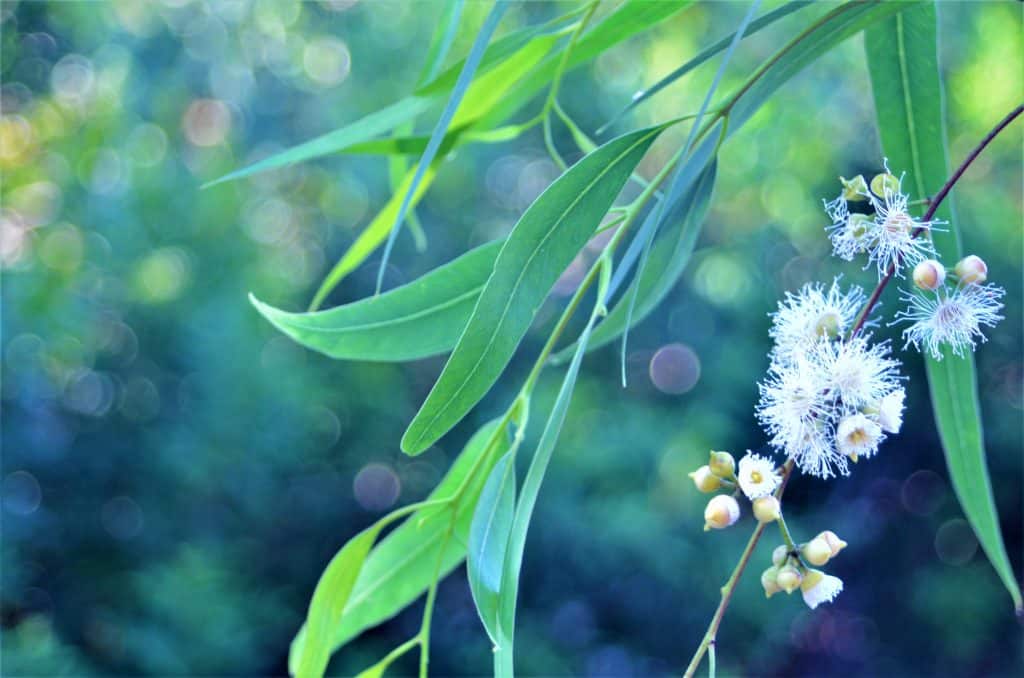
Eucalyptus Honey vs Regular Honey
Because eucalyptus honey is typically produced and packaged for sale in its raw form, users receive all of the benefits that are associated with eucalyptus bee pollen. Among the most noteworthy health benefits of eucalyptus bee pollen are its effectiveness at stopping coughs and alleviating respiratory symptoms. It is also thought to cure urinary tract infections.
Eucalyptus bee pollen can be used topically as an antiseptic and to treat and prevent acne and dandruff. It boosts the immune system and it also has benefits for treating rheumatic pain, nerve inflammation, muscle stiffness, and migraines.
When You Should Avoid Eucalyptus Honey?
Because eucalyptus honey is almost always sold in the raw form, anyone who is allergic to the pollen of the eucalyptus plant should avoid this honey at all times. As with all honey, eucalyptus honey contains botulism spores. These can be fatal for infants younger than 1 year old.
For that reason, babies and women who are pregnant or breastfeeding are advised to avoid all honey. In addition to these concerns, there is a consensus that eucalyptus oil is harmful to unborn children. As such, it is even more important for pregnant women to avoid this variety.
Can You Eat Too Much Eucalyptus Honey?
The presence of cineol, or eucalyptol, is a concern for people who ingest eucalyptus honey. It is a compound that supplies the aromatic profile of eucalyptus oil and it is known to have toxic effects when it is ingested in high amounts.
It is possible for some of this compound to find its way into eucalyptus honey through the pollen and nectar. It is more likely that it will find its way into the honey along with traces of the natural oil that are picked up by bees harvesting the trees’ sugary honeydew.
The effects of an overdose of cineol can be life-threatening. Symptoms include nausea, vomiting, diarrhoea, central nervous system depression, low blood pressure, collapse, and coma.
Children, the elderly, and diabetics are known to be particularly at risk and as little as a single drop of oil can lead to these symptoms.
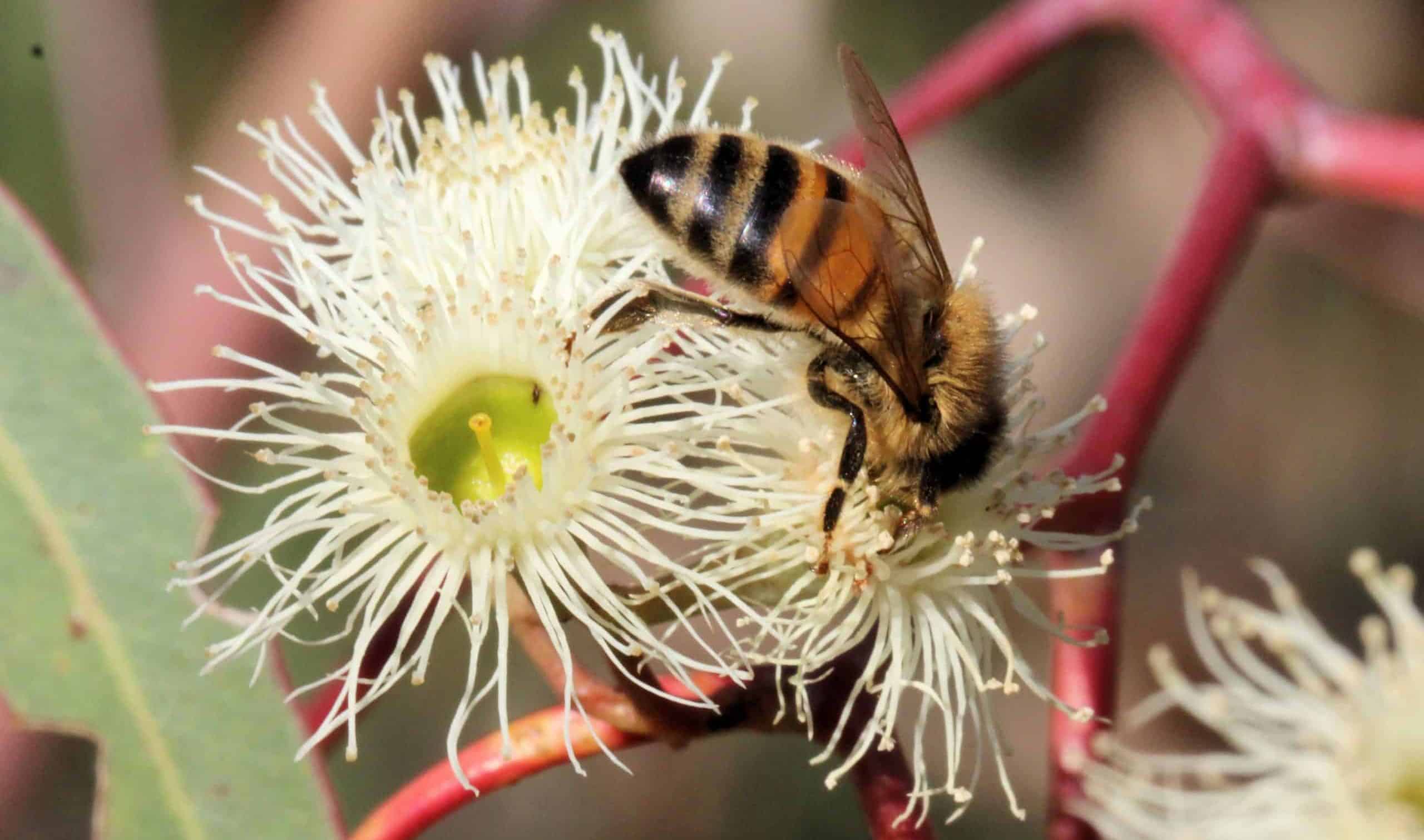
Is Eucalyptus Honey Vegan?
The Vegan Society do not consider honey vegan, this includes cornflower honey. They believe that because some honey farmers replace honey with a sugar substitute when harvesting, it will naturally lack the essential micronutrients of honey, thus being detrimental to the honey bees.
Furthermore, they believe that in conventional beekeeping, honey bees are specifically bred to increase productivity. Which they believe leads to a narrowing of the population gene pool and increases susceptibility to disease and large scale die-offs.
They also believe that many honey farmers will cull their hives post-harvest and clip the queen bee’s wings to stop them from leaving to start a new colony. Thus the Vegan Society does not consider honey vegan. That, of course, doesn’t stop some vegans arguing its fine if they source their honey from reliable sources that do not practice the above.
What is Eucalyptus Honey Used For?
Many people enjoy the flavor of eucalyptus honey when adding it to a hot beverage or spreading it on bread products. Others use eucalyptus honey as a dietary supplement and consume it straight. Typically, users take one tablespoon of honey three to four times each day.
It can also be used as a topical treatment for skin ailments or as a topical antiseptic.
Is Eucalyptus Honey Expensive?
Raw, unfiltered eucalyptus honey prices vary depending on the geographic origins. Typically, Californian eucalyptus honey can be found in the price range of $10-$20 per pound.
Australian and European sources make eucalyptus honey available in the price range of $10-$30 per pound.
Sources
Science Direct | TandFOnline | Medical News Today | Healthline | NCBI

